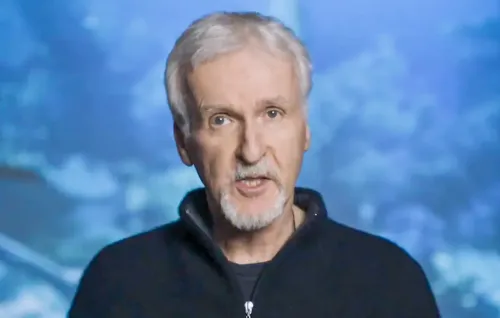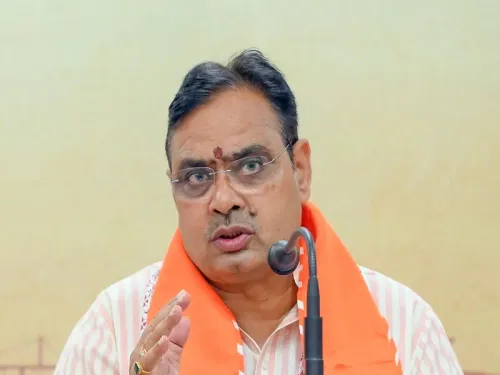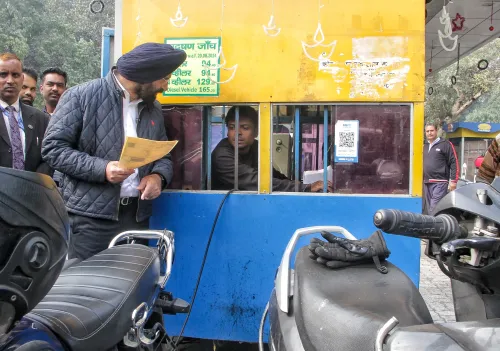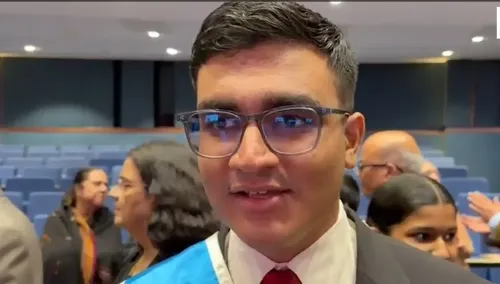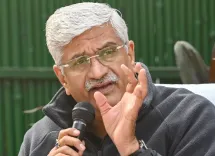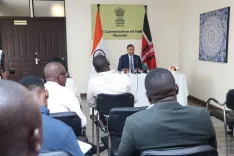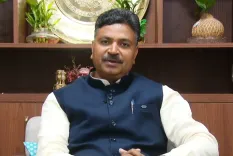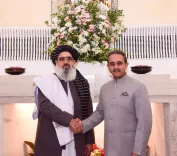Why Did the Supreme Court Deny RTI on Cash at Judge’s Residence?
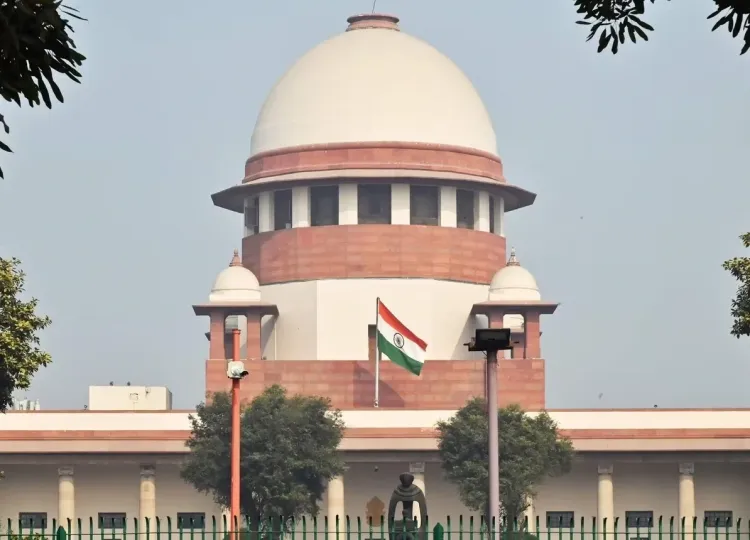
Synopsis
Key Takeaways
- The Supreme Court has denied an RTI request regarding allegations against Justice Varma.
- Justice Varma is involved in a scandal related to a large amount of burnt cash.
- The inquiry was initiated by a 3-member committee formed by the former Chief Justice.
- The Supreme Court Collegium has recommended his return to the Allahabad High Court.
- There are calls for criminal prosecution based on the inquiry's findings.
New Delhi, May 26 (NationPress) The Supreme Court has rejected an application submitted under the Right to Information (RTI) Act, which sought to obtain a copy of the report from the in-house enquiry panel established to investigate allegations regarding the discovery of cash linked to Justice Yashwant Varma.
In a decision made by the apex court registry, the RTI request from an advocate based in Maharashtra was dismissed, and the court also declined to disclose a letter sent by the former Chief Justice of India, Sanjiv Khanna, to the President and Prime Minister regarding actions against Justice Varma.
Earlier this month, the Supreme Court publicly stated that Justice Khanna had forwarded the in-house enquiry panel’s report to both the President and the Prime Minister.
According to a press statement released on May 8, it was noted that the Chief Justice of India had communicated with the President and the Prime Minister, including the report from the 3-Member Committee dated 03.05.2025, along with a response from Justice Varma dated 06.05.2025.
Justice Varma is currently at the center of a scandal involving the alleged discovery of a large sum of burnt cash in the storeroom of his bungalow in Delhi, following a fire control operation on March 14. This shocking revelation prompted the then Chief Justice Khanna to form a 3-member committee to investigate the matter.
During the ongoing inquiry, Justice Varma was reassigned from the Delhi High Court to the Allahabad High Court.
The Supreme Court Collegium has recommended that the Centre return Justice Varma to his original posting at the Allahabad High Court.
Last week, a 2-judge bench of the Supreme Court dismissed a petition seeking the criminal prosecution of Justice Varma.
"There was an in-house inquiry report. It has been forwarded to the President of India and the Prime Minister of India for action. If you are seeking a writ of mandamus, you first need to make a representation to those authorities before which the issue is pending," stated a bench led by Justice Abhay S. Oka to advocate Mathews J. Nedumpara, the petitioner.
"You need to make a representation urging them (the President and the PM) to take action. If they fail to act, then you can return here," added the bench, which also included Justice Ujjal Bhuyan.
If Justice Varma has indeed engaged in corrupt practices leading to wealth accumulation, simply impeachment is insufficient, the petition argued, calling for his criminal prosecution. It emphasized that the significant amounts of cash that were burned and partially removed were indicative of bribery and corruption, a violation punishable under the Bharatiya Nyaya Sanhita (BNS) and the Prevention of Corruption Act. The plea also highlighted a lack of official explanation for the absence of an FIR and the failure to initiate criminal proceedings, which would have included the seizure of currency and arrests of suspects.


